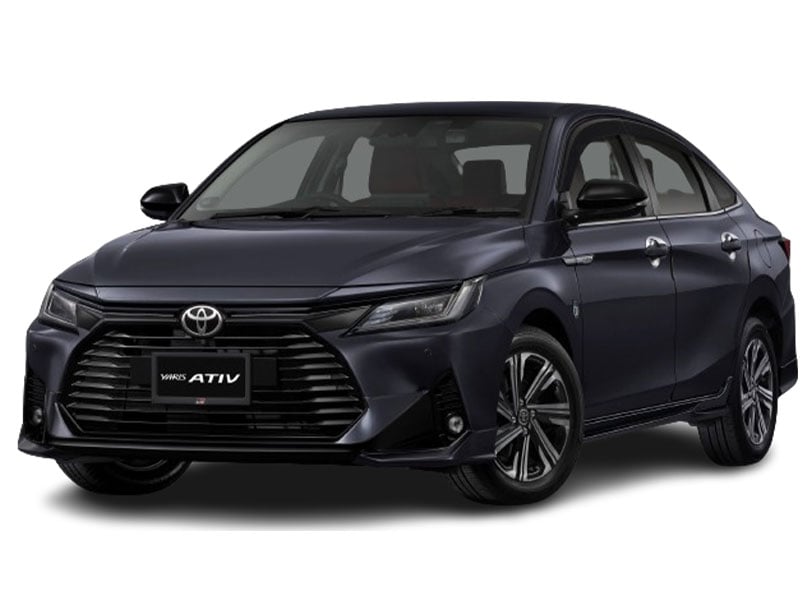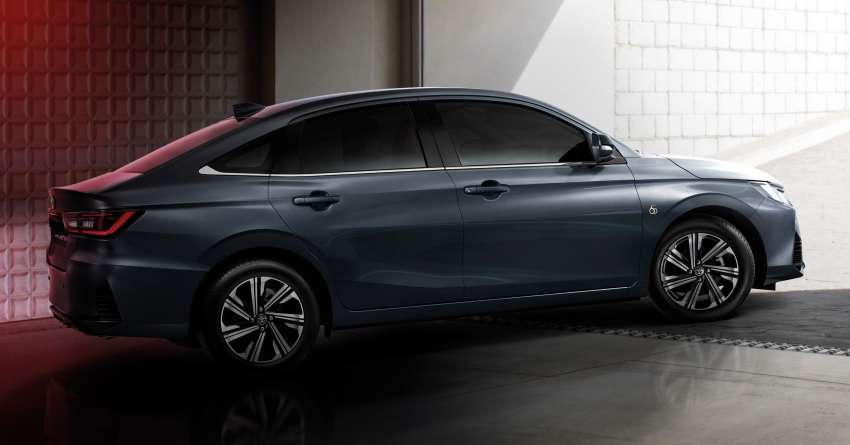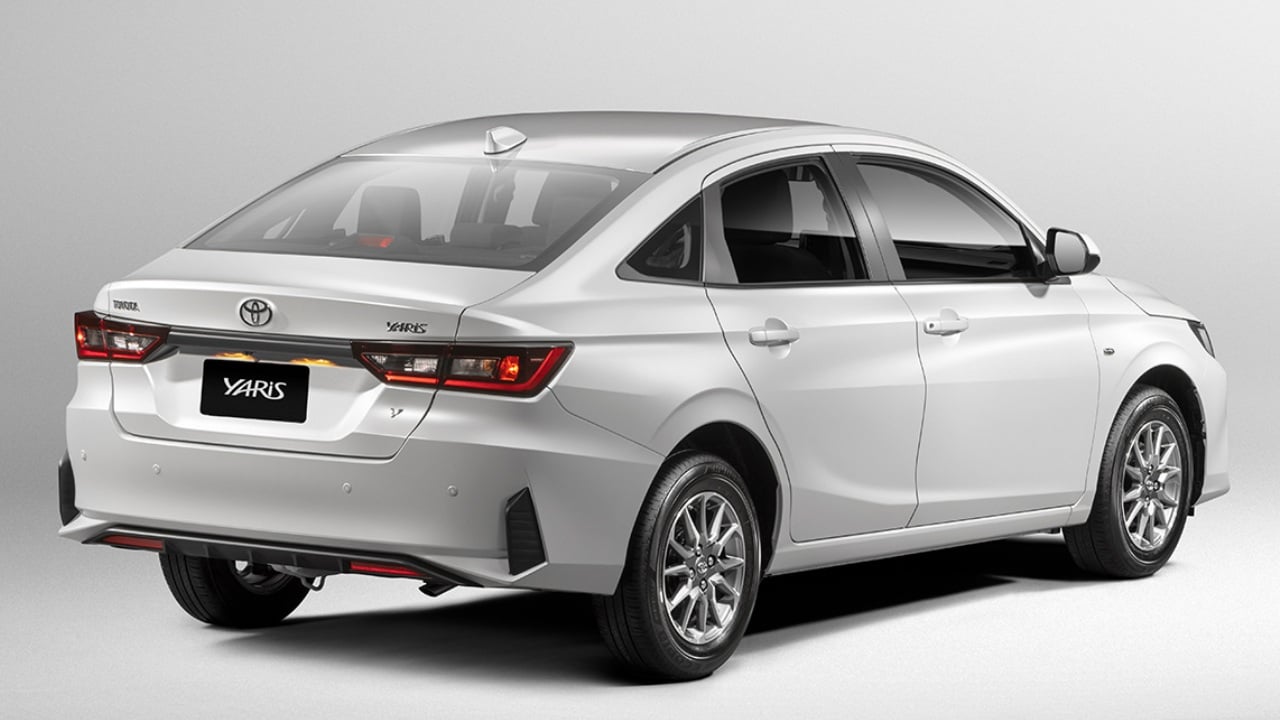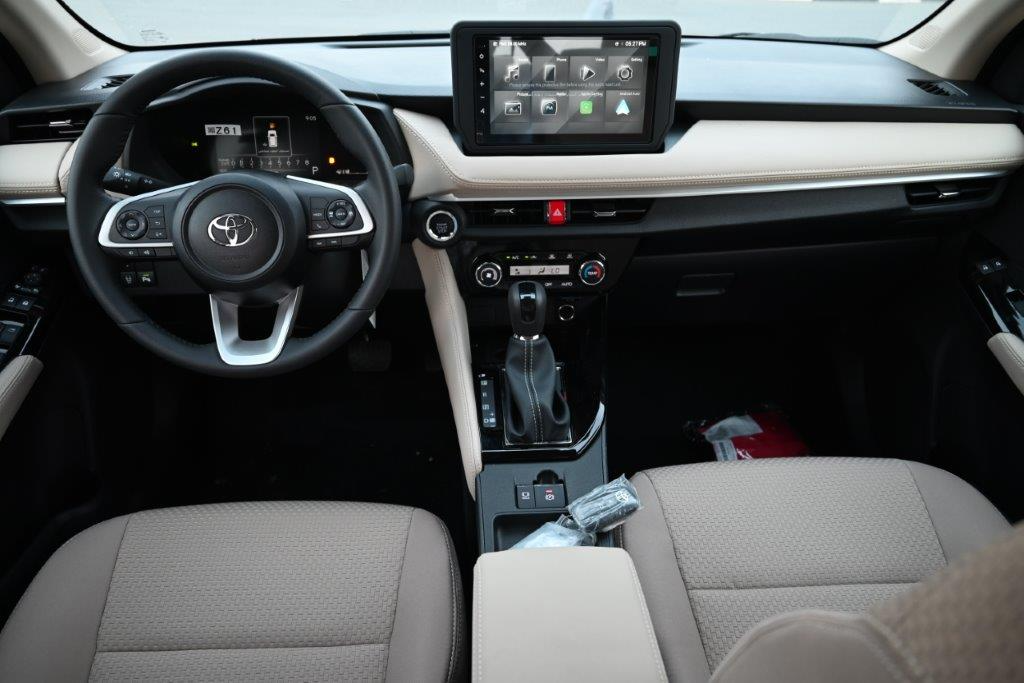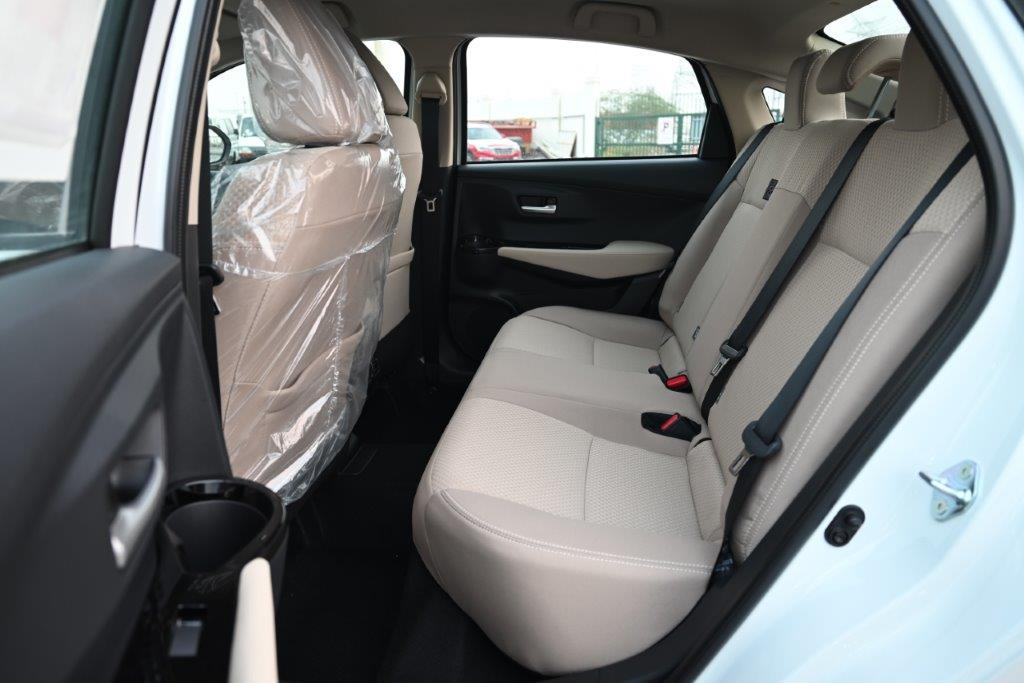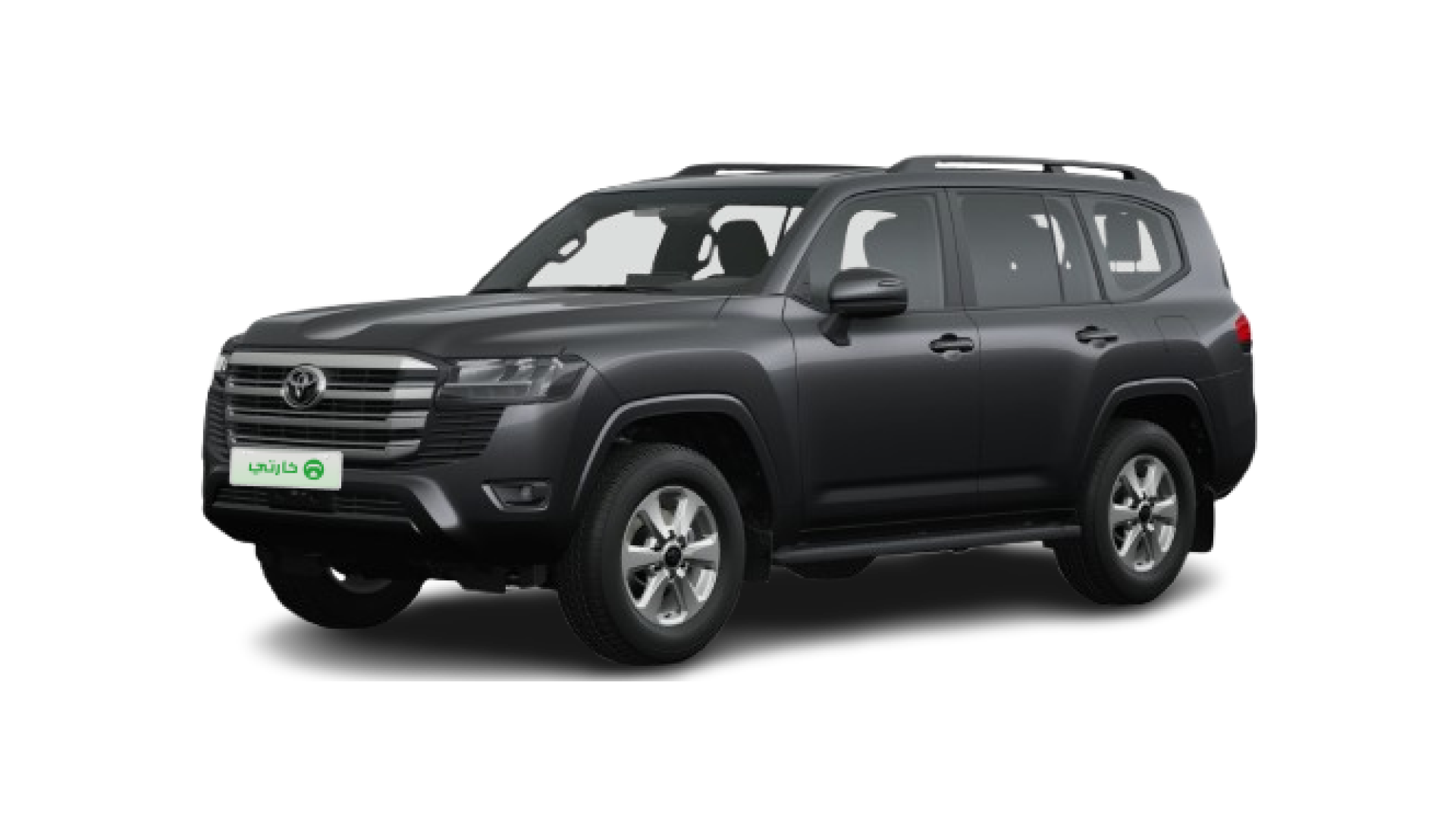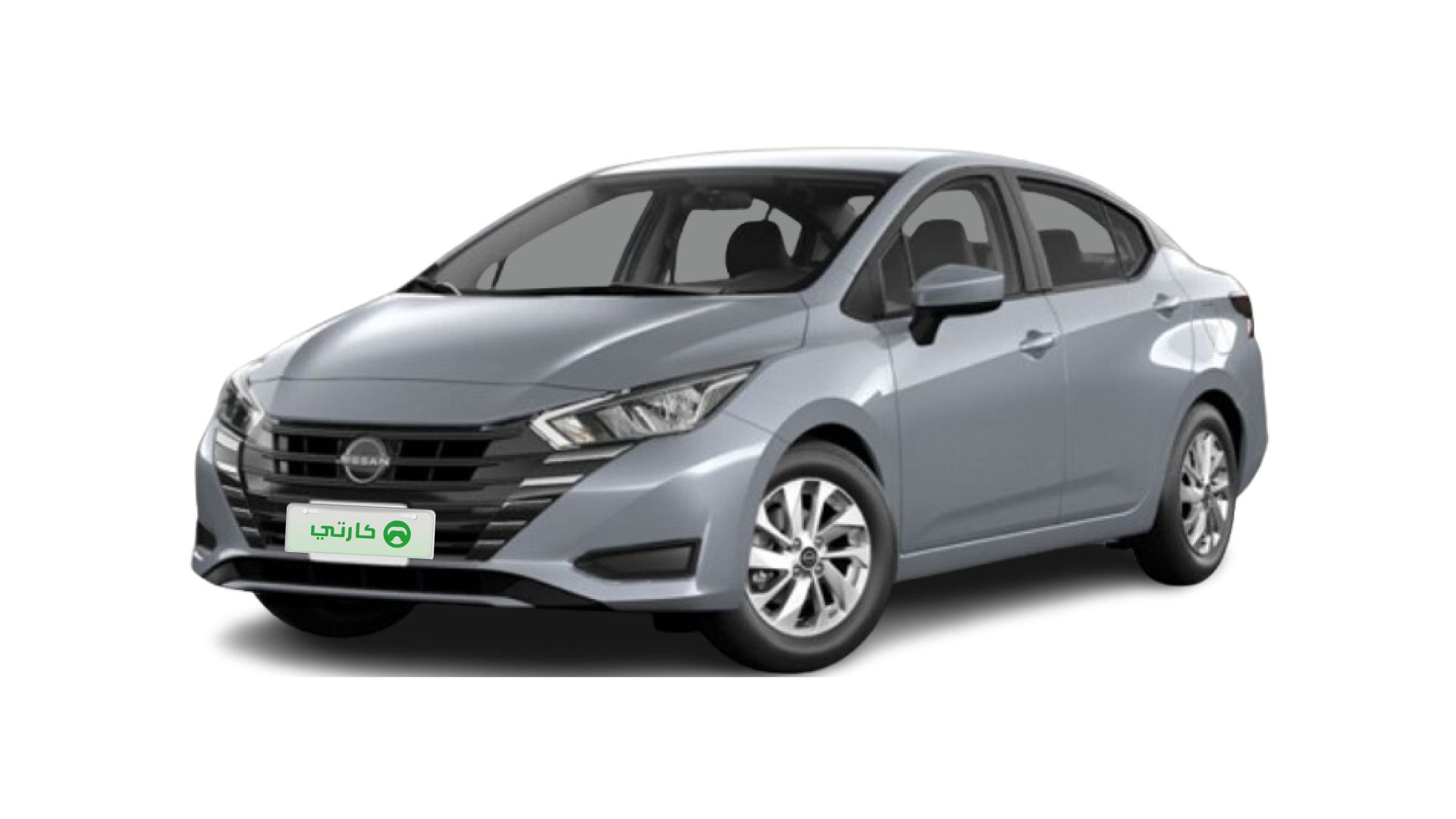Explore the secrets behind maximizing your Toyota Yaris fuel consumption performance! This guide is designed for every driver who wants to achieve optimum mileage and enjoy lower running costs. With insights specifically focused on the 2025 model, you'll find the perfect blend of smart driving habits and advanced engineering upgrades.

How to Improve Your Toyota Yaris Fuel Economy Today
If you’re looking to get the best mileage out of your Yaris, start by refining your driving habits. Maintaining a steady speed not only reduces fuel wastage but also extends engine life. Consider these practical tips:
Steady Speeds: Keep your speed between 80-100 km/h on highways to avoid unnecessary fuel burn.
Cruise Control: When driving on long, flat roads, use cruise control for smoother speed regulation.
Gentle Acceleration: Instead of quick bursts, accelerate gradually especially during city driving to benefit from improved fuel efficiency.
Adopting these habits can lead to fuel savings of up to 15%, contributing significantly to a lower monthly fuel expense.
2025 Model Upgrades That Boost Efficiency
The 2025 Toyota Yaris brings noteworthy improvements to its engine design, prominently featuring an upgraded 1.5L hybrid engine. These technical improvements translate into tangible benefits like improved fuel efficiency and reduced emissions. Here’s what you need to know about the new model:
Enhanced Hybrid Performance: Enjoy urban mileage up to 24.1 km/L and highway performance reaching 26.8 km/L, reflecting a real improvement over previous models.
Smart Energy Savings: The new design includes an automatic engine shut-off feature when the car is stationary for around 40 seconds, cutting down idle fuel burn.
Refined Engineering: The engine upgrades provide a smoother transition between urban stop-and-go and consistent highway speeds, offering a balanced blend of power and fuel savings.
2025 Toyota Yaris Fuel Consumption Comparison
Understanding the differences between engine variants is key for making an informed decision. The table below outlines the fuel performance for both the petrol and hybrid versions:
Model | City (km/L) | Highway (km/L) | Combined |
|---|---|---|---|
1.3L Petrol | 16.2 | 19.8 | 18.1 |
1.5L Hybrid | 24.1 | 26.8 | 25.5 |
These figures are especially useful when assessing the potential monthly savings. For instance, when driving typical Dubai-Abu Dhabi routes, a hybrid model may save you approximately AED/SAR 420 per month compared to a petrol variant. Such comparisons underline the value of opting for a hybrid if your priority is fuel economy.

Maintenance Tips for Optimal Fuel Performance
Keeping your Toyota Yaris in peak condition directly impacts your fuel consumption. A regular maintenance schedule ensures that all engine components work efficiently, and even small actions can lead to significant fuel savings. Follow this monthly checklist to maintain your vehicle's efficiency:
Tire Pressure Check: Ensure tires are inflated to the recommended 32-35 PSI for optimal rolling resistance.
Air Filter Replacement: Changing your air filters every 15,000 km helps in maintaining proper engine airflow and performance.
Oil Selection: For hybrid models, 0W-16 synthetic oil is suggested to support engine longevity and maintain fuel efficiency.
Fuel Injector Cleaning: A clean fuel injector system will ensure balanced fuel delivery and reduce wastage, so schedule a cleaning every 30,000 km.
Watch out for warning signs like irregular RPM fluctuations or delayed gear shifts. These could indicate that your vehicle isn't operating at its best, potentially leading to increased fuel consumption. Addressing these issues promptly keeps your Yaris running smoothly while preserving its efficiency.
FAQ
1. How can I maximize the fuel consumption efficiency of my Toyota Yaris?
If you're looking to get the best fuel economy, start by adopting smooth driving habits such as maintaining steady speeds on highways and easing into acceleration gradually. Using cruise control on flat sections can reduce unnecessary fuel wastage. Additionally, regular maintenance, including periodic tire and air filter checks, is crucial. Upgrading to the latest 2025 hybrid model further enhances fuel efficiency with its advanced engine technology.
2. What sets the 2025 Toyota Yaris hybrid apart from the petrol variant in terms of fuel efficiency?
The 2025 hybrid model offers considerable improvements in fuel efficiency compared to the petrol variant. It delivers up to 24.1 km/L in urban environments and 26.8 km/L on highways. The hybrid system automatically adjusts the engine output to suit driving conditions and even shuts off the engine during short stops to save fuel. Such features ensure lower fuel consumption, making it an appealing option for those prioritizing cost-effective and eco-friendly driving.
3. Do minor changes in driving behavior really impact the Toyota Yaris fuel consumption?
Absolutely, minor adjustments like steady acceleration, maintaining consistent speeds, and using cruise control can significantly impact fuel economy. These changes not only lower the fuel consumption but also contribute to reducing engine wear over time. Real-world tests on routes similar to those in the UAE confirm that disciplined driving habits can lead to noticeable monthly fuel savings. Your fuel efficiency is directly linked to how you drive, so every small improvement counts.

4. What regular maintenance practices should I follow to ensure optimal fuel performance?
Regular maintenance is crucial in keeping your vehicle operating efficiently. Always check your tire pressure and maintain it within the recommended range to improve fuel economy. Changing your air filters and scheduling fuel injector cleanings are other important practices that ensure smooth engine performance. These steps prevent any unexpected increases in fuel consumption by ensuring that your vehicle is running as efficiently as possible.
This article is for reference only. Please follow the latest local laws and regulations.
Read More:
How Many Seats Does a Toyota Urban Cruiser Have? 2025 Guide
5 pics

My passion for cars began long before my journey into automotive journalism in 2015. Even though I'm originally a pharmacist, the thrill of speed, elegant designs, and roaring engines has always had my heart. Today, I channel this passion by exploring the newest cars and sharing my experiences with fellow car enthusiasts across the GCC.
